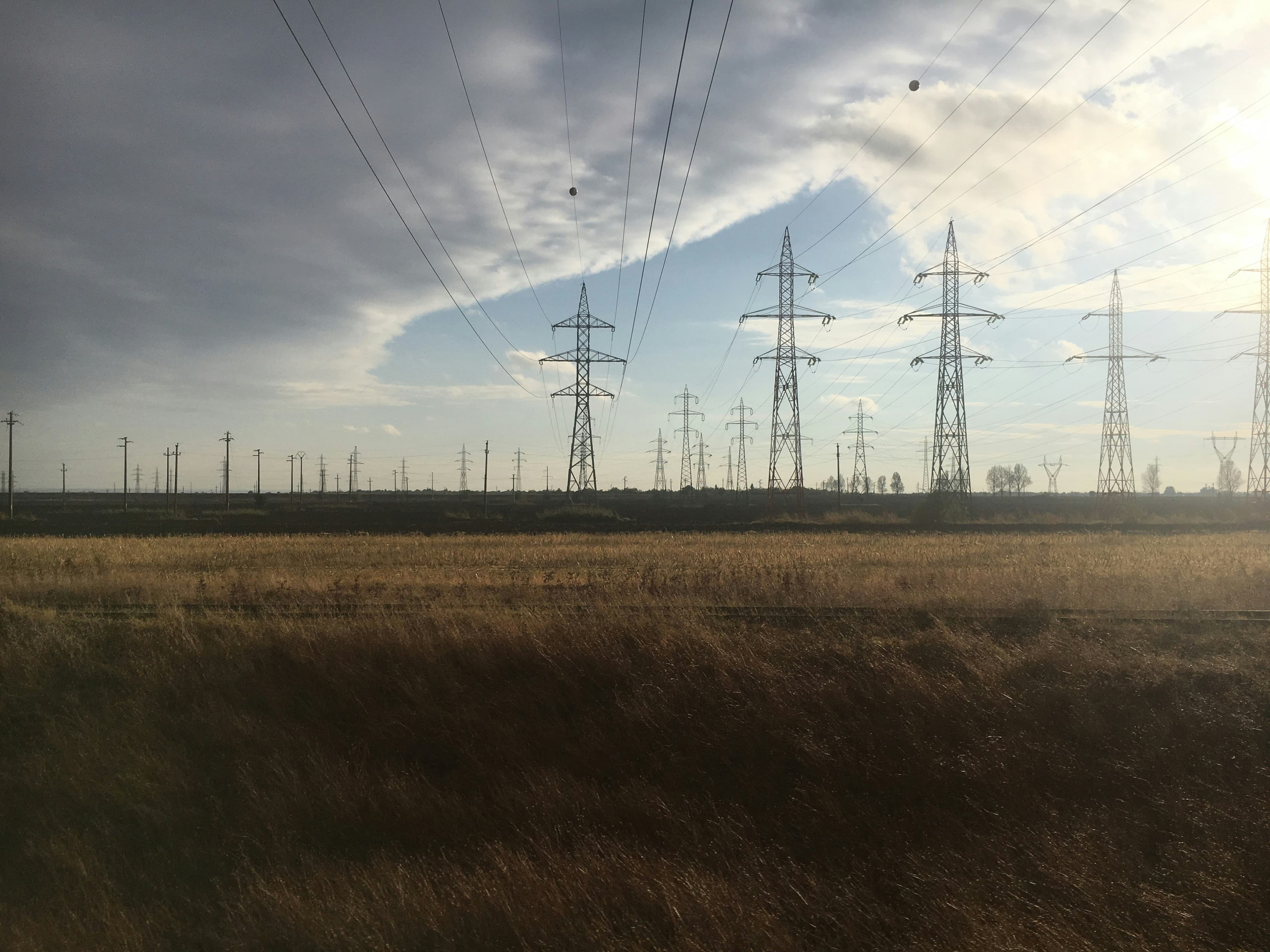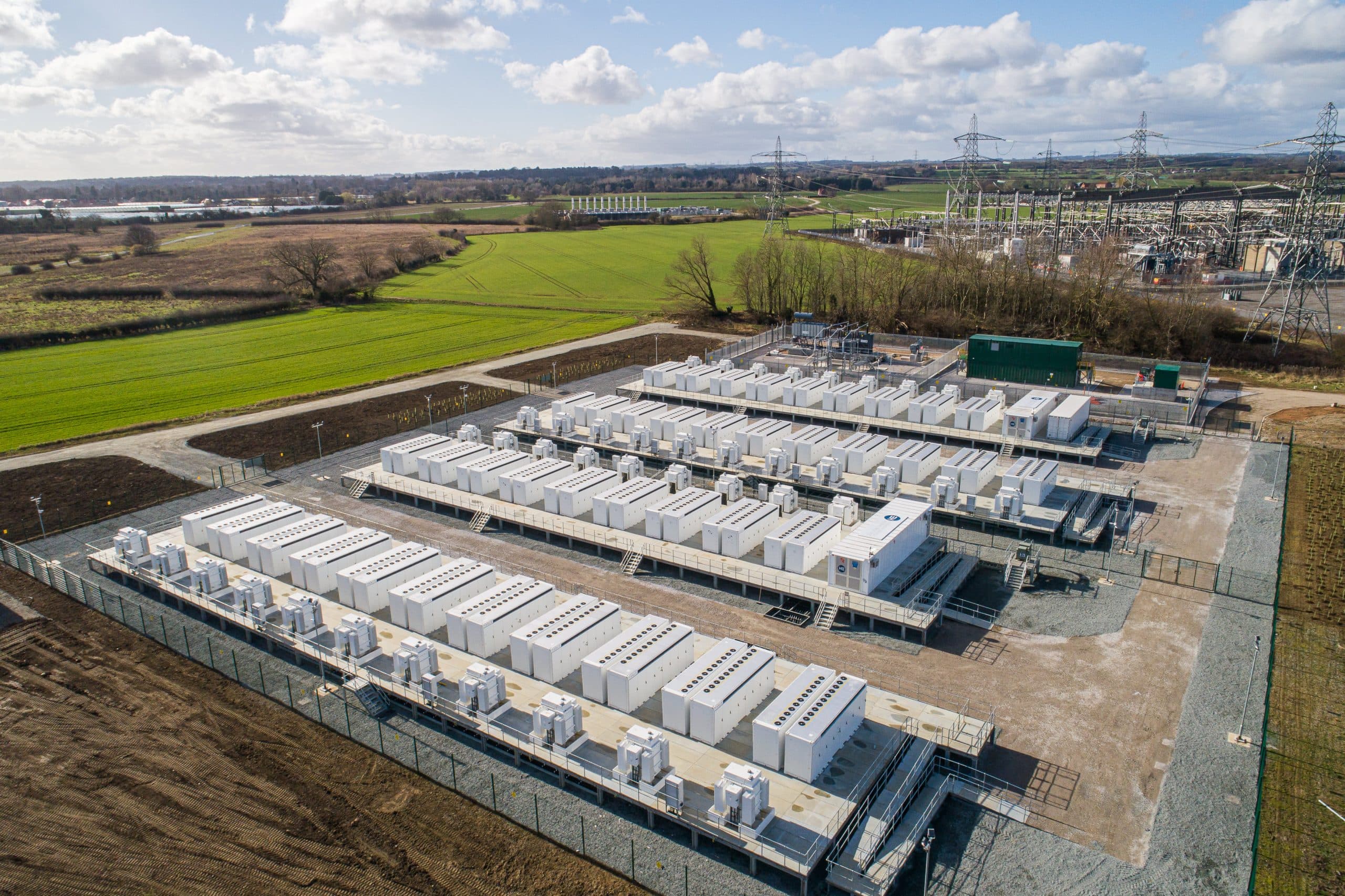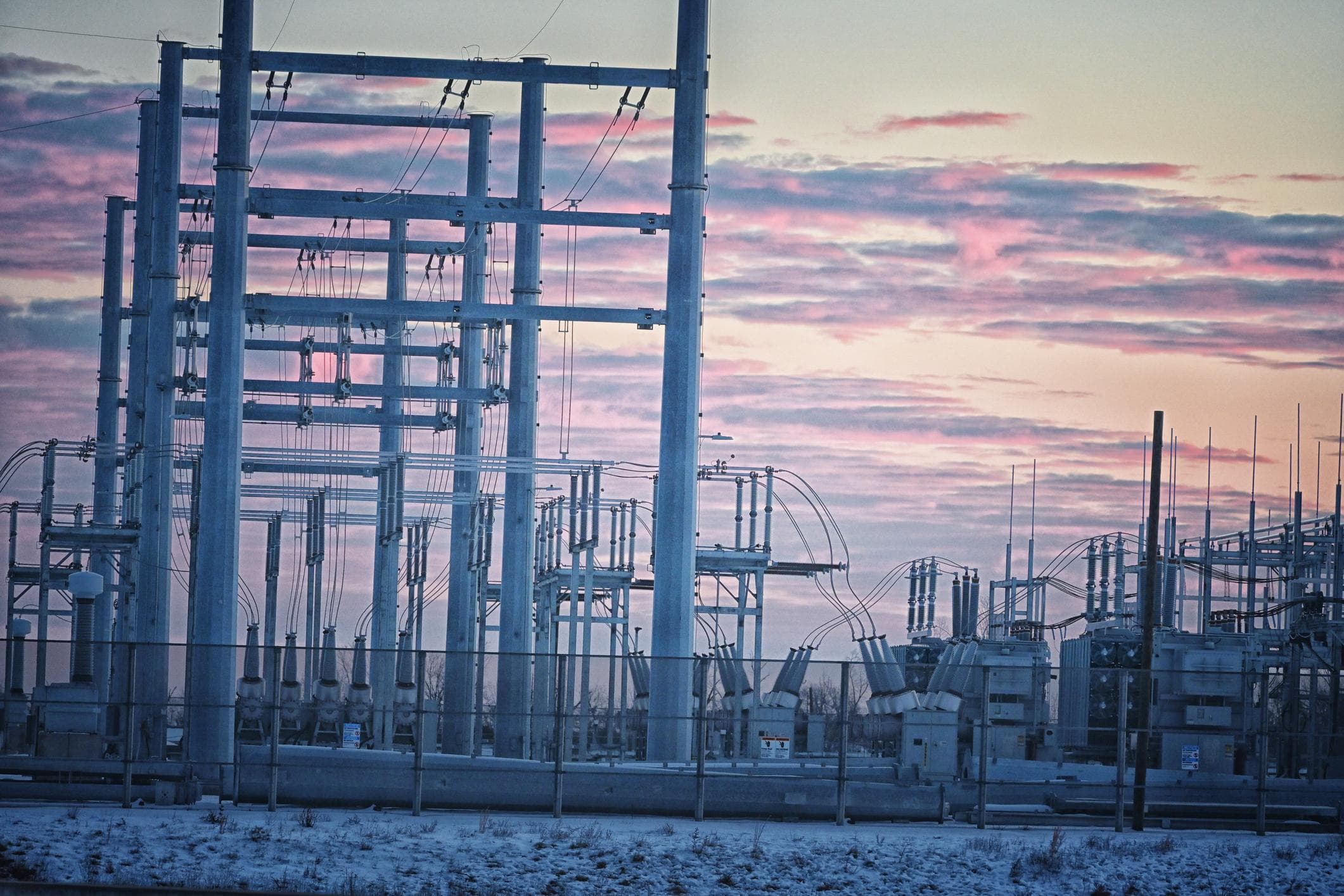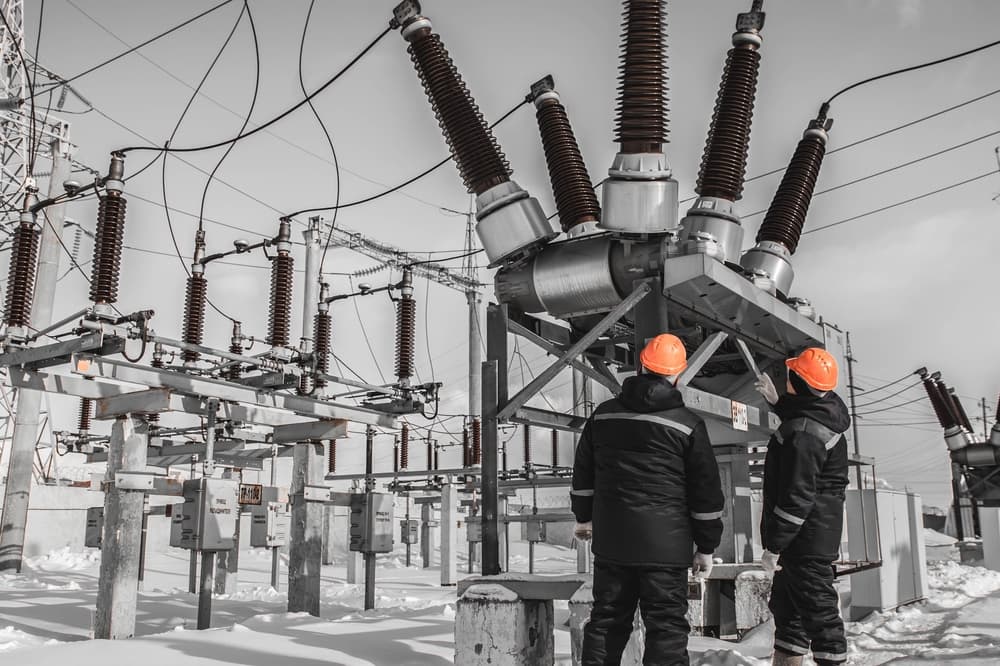Our Impact

Making a Difference
At GreenEngineering, we've helped reduce global carbon emissions by over 50 million tons through our innovative sustainable solutions.
Learn about our impact
At GreenEngineering, we've helped reduce global carbon emissions by over 50 million tons through our innovative sustainable solutions.
Learn about our impactRegulatory oversight within the UK energy sector is stringent and safety is paramount. Because of this, network providers impose a wide range of compliance measures on contractors. These requirements are shaped not only by industry standards

Regulatory oversight within the UK energy sector is stringent and safety is paramount. Because of this, network providers impose a wide range of compliance measures on contractors. These requirements are shaped not only by industry standards and environmental expectations but also by the specific licence conditions imposed on network operators by Ofgem.
As a result, contractors must demonstrate the flexibility to meet varying obligations that can differ significantly from one network operator to another. They can even differ from one project to the next. Whether it involves civil works, electrical installations, or grid connection activities, contractors are expected to follow bespoke safety procedures, quality controls, and environmental protocols, all while maintaining alignment with overarching regulatory frameworks.
This complexity makes it essential for contractors to go beyond basic compliance and deliver a tailored approach to each engagement. Supply chain partners must demonstrate an ability to not only meet baseline UK regulations but be able to adapt seamlessly to the heightened and evolving standards of individual network operators.
From data security and anti-corruption measures to competency assurance and site-specific safety protocols, contractors must have the ability to navigate the full spectrum of network provider expectations to ensure high-quality project delivery.
To ensure ongoing compliance and maintain flexibility in the face of evolving regulations, contractors working with UK energy network providers must adopt a proactive, systemised approach to regulatory management. This begins with conducting regular compliance audits and reviewing all relevant licence conditions, safety standards, and contractual obligations. By identifying the specific regulations that apply to each project and understanding the expectations of individual network operators, contractors can maintain operational alignment.
Key to this process is the development of clear policies and procedures that are regularly updated to reflect regulatory changes. These must be communicated effectively across teams, ensuring that all personnel not only know what is required of them but are trained and competent to carry out their responsibilities in line with compliance best practices.
In parallel, embracing digital tools and utility management software is becoming essential to streamlining compliance processes. Real-time tracking, automated reporting, and digital workflows make it easier to monitor regulatory obligations across diverse project types and geographies. These systems can also flag potential risks and trigger alerts, enabling contractors to act quickly before non-compliance becomes a costly issue.
Furthermore, by fostering a strong internal culture of compliance, supported by open communication and performance feedback, contractors can ensure that both designs and installations are adaptable and future-ready - and aligned with ever-shifting compliance standards. This dynamic, forward-thinking approach is vital to maintaining trust with network operators and safeguarding project continuity in a regulatory environment that is anything but static.
Contractors can ensure they meet energy network provider requirements by embedding compliance into every phase of the project, from initial design through to final commissioning. Engaging qualified designers early in the process is essential, as they bring a deep understanding of the latest standards and can identify potential compliance issues

9 February 2026

3 February 2026

29 January 2026
Interested in learning how we can help your business with sustainable energy solutions?
Contact Us